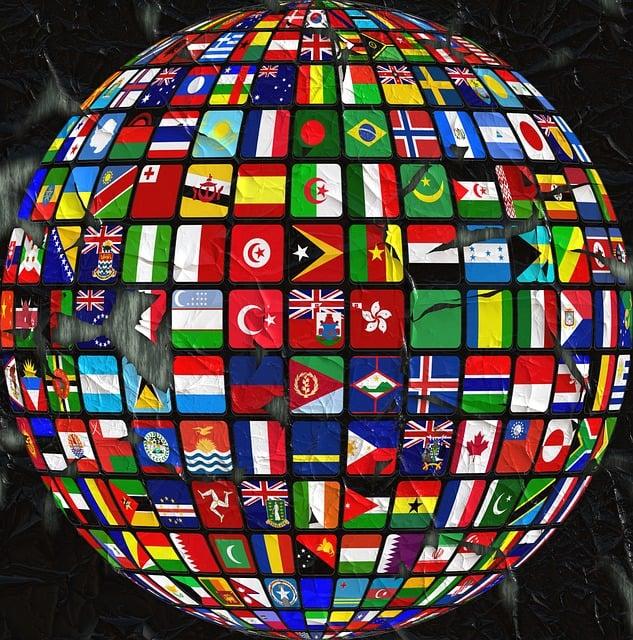The Impact of Globalization on Religious Practices
Globalization, a phenomenon characterized by the increasing interconnectedness of the world through trade, communication, and migration, has profound implications for religious practices around the globe. As societies blend and cultural boundaries dissolve, the landscape of spirituality is evolving. In this article, we will explore how globalization affects religious practices, highlighting both benefits and challenges, while drawing on real-world examples and case studies.
Understanding Globalization and Religion
Globalization has brought about significant cultural exchanges which have either transformed existing religious traditions or led to the emergence of new ones. Religious practices today must contend with various external influences, making adaptability essential.
How Globalization Influences Religious Practices
1. Increased Exposure to Diverse Beliefs
One of the most notable impacts of globalization is the exposure to diverse belief systems. Through travel, migration, and digital communication, individuals now engage with myriad religious ideologies that were once geographically or culturally isolated.
- Interfaith Dialogues: Globalization promotes discussions between different religious groups, fostering understanding and tolerance.
- Blending of Practices: The mixing of religious rituals can lead to unique hybrid practices that reflect a global culture.
2. Technology and Religious Expression
The rise of the internet and social media platforms has revolutionized how religious groups disseminate beliefs and practices. For instance, many religious organizations utilize online platforms to broadcast sermons, share teachings, and foster community.
3. The Challenge of Cultural Homogenization
While globalization can enrich religious practices, it can also lead to cultural homogenization, where dominant cultures overshadow local traditions. This can diminish the uniqueness of various religious practices.
Benefits of Globalization on Religious Practices
- Cultural Exchange: Encourages the sharing of traditions, music, art, and rituals that enhance collective spiritual experiences.
- Enhanced Accessibility: Religious texts and teachings are now widely accessible, allowing followers to explore and deepen their understanding of their faith.
- Community Building: Globalization has led to the formation of transnational religious communities that connect individuals across borders.
Case Studies
1. The Rise of Global Pentecostalism
Pentecostalism has grown exponentially around the world, particularly in Latin America and Africa. This movement emphasizes direct personal experience with God through the Holy Spirit, a perspective that resonates globally, leading to increased congregations and community involvement.
2. Buddhism in the West
The adaptation of Buddhism in Western cultures showcases how globalization transforms religious practices. Mindfulness and meditation, rooted in Buddhist traditions, have gained popularity for their mental health benefits, further integrating these practices into mainstream society.
First-Hand Experience: Testimonials
Many individuals provide insights into how globalization has affected their religious beliefs:
“As a Muslim living in a multicultural city, I’ve experienced the beauty of celebrating Eid with friends from different faith backgrounds. It has opened my eyes to the similarities we share.” – Fatima, Community Leader
“Participating in a yoga class introduced me to Hindu philosophy in a way that I never expected. It’s fascinating how different beliefs can coexist and enrich one another.” – John, Yoga Instructor
Practical Tips for Embracing Global Religious Practices
Individuals and communities can embrace this globalization of religious practices in meaningful ways:
- Stay Informed: Read about various religions and their practices to foster understanding.
- Attend Community Events: Participate in interfaith events to engage with different beliefs actively.
- Utilize Technology: Explore online platforms that provide insights into diverse spiritual practices.
Conclusion
globalization significantly impacts religious practices, presenting both opportunities and challenges. By increasing exposure to diverse beliefs, utilizing technology for spiritual expression, and promoting interfaith dialogue, communities can evolve while retaining their unique identities. As we navigate this interconnected world, an openness to understanding and integrating various religious practices will enhance our collective spiritual experience.



